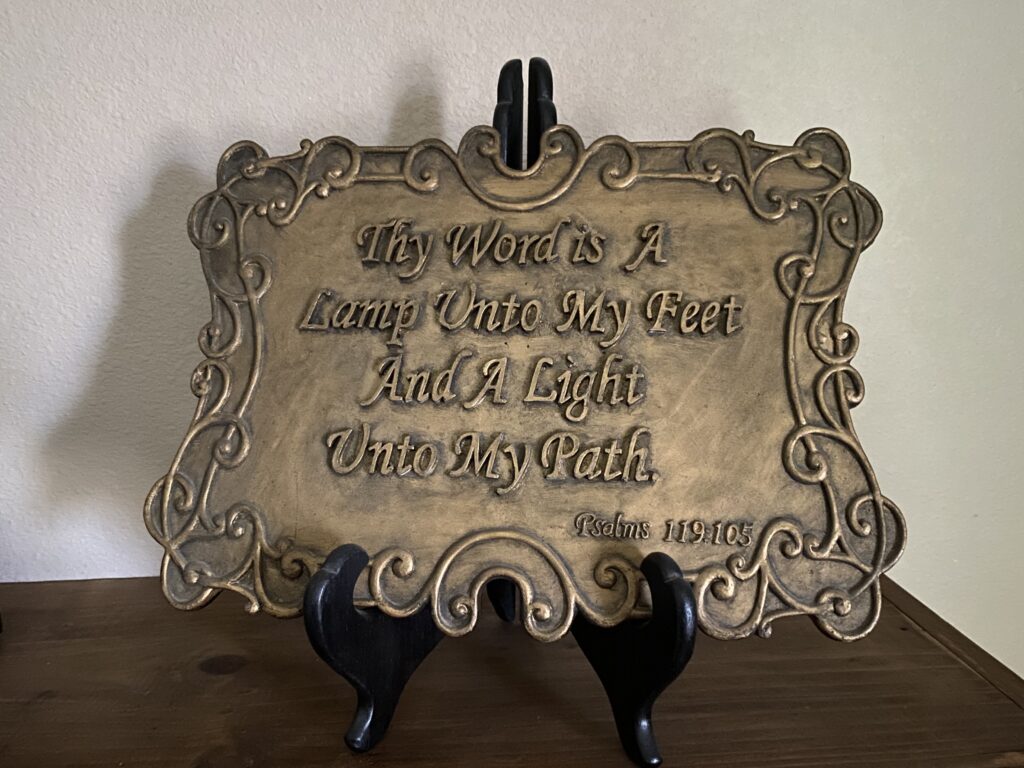
“The LORD is slow to anger, and great in power, and will not at all acquit the wicked …”
Nahum 1:3a
Remember Jonah? God sent Jonah to warn Nineveh of destruction for their wickedness. “Arise, go to Nineveh, that great city, and cry against it; for their wickedness is come up before me” (Jonah 1:2). In addition, he told them, “… Yet forty days, and Nineveh shall be overthrown” (Jonah 3:4b). We also learned of the repentance that city showed. “So the people of Nineveh believed God, and proclaimed a fast, and put on sackcloth, from the greatest of them even to the least of them” (Jonah 3:5). Because of that repentance, God spared the city. “And God saw their works, that they turned from their evil way; and God repented of the evil, that he had said that he would do unto them; and he did it not” (Jonah 3:10). For a brief period in history, the people of Nineveh believed in God. For that turning to God, God spared them.
The book of Nahum took place over 100 years after Jonah. The words Nahum preached were against the nation of Assyria with the capital of Nineveh. Nineveh was the world’s greatest city at this time in history. Although the nation repented in Jonah’s time, they had reverted back to their sin, falling even deeper. See what we should recognize about God. “The LORD is slow to anger, and great in power, and will not at all acquit the wicked …” (Nahum 1:3a). (Another verse to consider is Psalm 9:17: “The wicked shall be turned into hell, and all the nations that forget God.”) Assyria, especially Nineveh, had forsaken God, becoming exceedingly wicked. In the book of Nahum we learn that God’s wrath would fall upon those wicked, sinful men. God would send complete and utter destruction upon Nineveh because they forsook God and were against His people. The people of Nineveh saw complete physical destruction.
The problem with Nineveh was that God had revealed Himself to them, and they had believed. Just a few generations later, the people forsook God. They rejected God and worshiped false gods. This is apostasy. In the book of Nahum, there was no longer a call to repentance. Only a decree of the wrath of God to come.
The longer this world is in existence, the worse mankind becomes. “1. This know also, that in the last days perilous times shall come. 2. For men shall be lovers of their own selves, covetous, boasters, proud, blasphemers, disobedient to parents, unthankful, unholy, 3. Without natural affection, trucebreakers, false accusers, incontinent, fierce, despisers of those that are good, 4. Traitors, heady, highminded, lovers of pleasures more than lovers of God; 5. Having a form of godliness, but denying the power thereof: from such turn away” (2 Timothy 3:1-5).
Today, we are warned of hearing of God, living a good life (yet without the saving faith of Christ), and then living like the rest of the world. Unless one truly trusts Christ, it would be better to never have tried to live a Christian life. Read of what we are warned: “20. For if after they have escaped the pollutions of the world through the knowledge of the Lord and Saviour Jesus Christ, they are again entangled therein, and overcome, the latter end is worse with them than the beginning. 21. For it had been better for them not to have known the way of righteousness, than, after they have known it, to turn from the holy commandment delivered unto them. 22. But it is happened unto them according to the true proverb, The dog is turned to his own vomit again; and the sow that was washed to her wallowing in the mire” (2 Peter 2:20-22). Head knowledge of Jesus and the Christian life is not enough. Without Jesus in one’s heart, it is impossible to live a true Christian life. That one will eventually return to “wallow in the mire.” That is an apostate without hope.
Just as Nineveh saw complete physical destruction, there is another kind of judgment that one must consider as well. Each person will be accountable for his or her own actions; good or evil. After we die, we will all stand before the Lord and He will pass eternal judgment upon each individual according to what that person has done with his or her life. “10. For we must all appear before the judgment seat of Christ; that every one may receive the things done in his body, according to that he hath done, whether it be good or bad. 11. Knowing therefore the terror of the Lord, we persuade men …” (2 Corinthians 5:10–11a). These verses are written as a warning to Christian people. Terror in this verse means “a deep and reverential sense of accountability to God or Jesus.” How many Christians are living their lives with a deep and reverential sense of accountability to God? Or are most just living a life pleasing self? In the book of Nahum, one can see the wrath of God fall upon a nation that had forgotten God and forsaken Him. Each person must consider the things done in his body, whether they are good or bad, knowing God is a perfect and righteous judge. Not only are we to be accountable, but we should live a life that persuades others to have a reverential fear as well. God had spared the city of Nineveh once before. Nevertheless, when they returned to sin, forsaking God, there was a price to pay.
Have you truly trusted in Jesus, following Him?
Or
Have you once known of Jesus and turned from Him to live a life pleasing to self?


